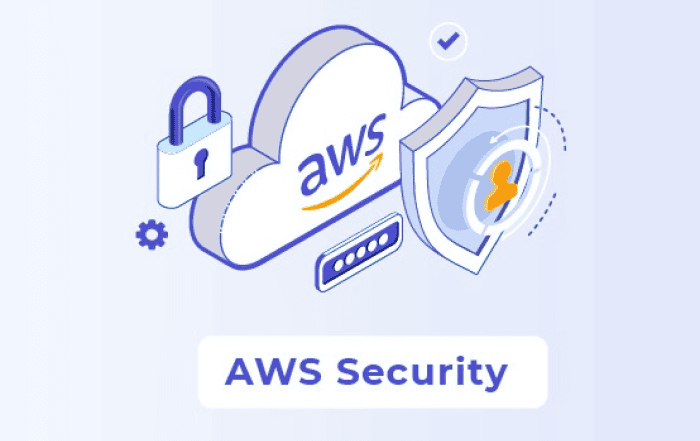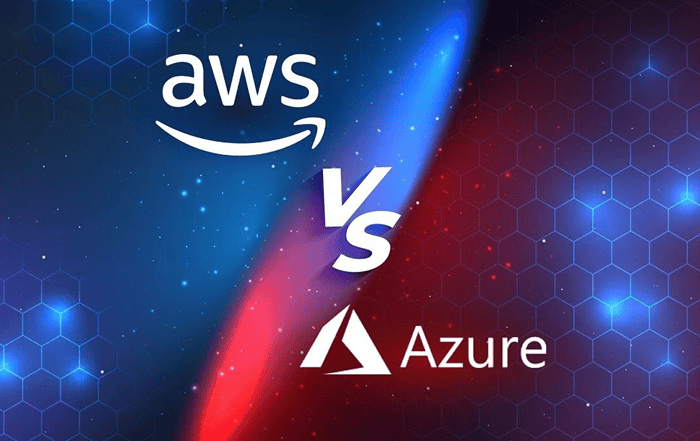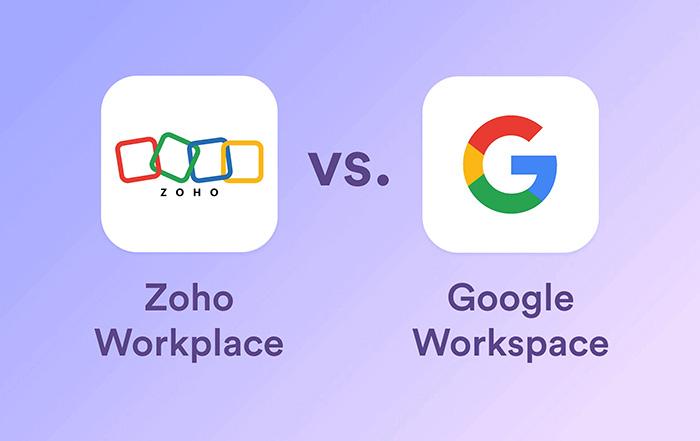
In today’s digital landscape, protecting online assets from potential threats is of paramount importance. Cybersecurity measures play a crucial role in safeguarding sensitive data and ensuring business continuity. Amazon Web Services (AWS) provides a comprehensive suite of tools and services to help organizations fortify their online infrastructure. One such service is AWS Web Application Firewall (WAF), which allows for effective protection against common web exploits. Within AWS WAF, IP whitelisting emerges as a powerful technique for enhancing security by restricting access to trusted sources. In this blog, we will delve into the concept of IP whitelisting in AWS WAF and explore its benefits and implementation.
Understanding IP Whitelisting
IP whitelisting, also known as IP filtering or IP blocking, is a security practice that involves allowing access only to a predefined list of IP addresses while blocking all other requests. By creating an IP whitelist, organizations can control and limit access to their resources, ensuring that only trusted sources can communicate with their applications or infrastructure.
AWS Web Application Firewall (WAF)
AWS WAF is a cloud-based web application firewall service that helps protect web applications from common exploits, such as SQL injection, cross-site scripting (XSS), and other malicious attacks. It enables organizations to define customizable rules to filter and monitor incoming web traffic, allowing only legitimate requests to reach their applications.
Benefits of IP Whitelisting in AWS WAF
Enhanced Security: IP whitelisting serves as an effective security measure by allowing only authorized IP addresses to access resources. It significantly reduces the attack surface and mitigates the risk of unauthorized access or data breaches.
Granular Access Control: With IP whitelisting, organizations can exercise granular control over which IP addresses can interact with their applications or infrastructure. It enables precise filtering and restricts access to specific endpoints, APIs, or administrative interfaces.
Protection Against DDoS Attacks: IP whitelisting plays a crucial role in defending against Distributed Denial-of-Service (DDoS) attacks. By allowing traffic only from trusted sources, organizations can prevent malicious traffic from overwhelming their infrastructure.
Compliance Requirements: Many industries, such as finance and healthcare, have strict regulatory requirements regarding data protection. IP whitelisting helps organizations meet these compliance standards by ensuring that only authorized entities can access sensitive data.
Implementing IP Whitelisting in AWS WAF
To implement IP whitelisting in AWS WAF, follow these steps:
Create an IP Set: Start by creating an IP set within AWS WAF. This IP set will serve as the whitelist that contains the trusted IP addresses allowed to access the resources.
Add IP Addresses to the IP Set: Add the IP addresses that you want to whitelist to the IP set. These IP addresses can be individual addresses, ranges, or CIDR blocks.
Create a Web ACL: Once the IP set is created, create a Web ACL (Access Control List) that includes rules for IP whitelisting. The Web ACL defines which IP sets and rules are applied to your resources.
Configure Rules: Configure rules within the Web ACL to specify the conditions for IP whitelisting. You can define rules based on IP addresses, HTTP headers, or other attributes.
Apply the Web ACL: Associate the Web ACL with the appropriate AWS resource, such as an Amazon CloudFront distribution or an Application Load Balancer, to enforce IP whitelisting for incoming traffic.
Monitoring and Maintenance
Regular monitoring and maintenance are essential to ensure the effectiveness of IP whitelisting in AWS WAF. Consider the following practices:
Continuous IP Address Evaluation: Periodically review and update the IP addresses in the whitelist. Remove any obsolete or unauthorized IP addresses and add new ones as required.
Logging and Analysis: Enable logging for AWS WAF to capture information about the traffic and any blocked requests. Analyze the logs to identify potential threats or suspicious activities.
Regular Rule Evaluation: Evaluate the effectiveness of the IP whitelisting rules periodically. Adjust the rules based on changing requirements or emerging threats to maintain optimal security.
IP whitelisting in AWS WAF is a powerful security mechanism that enables organizations to protect their web applications and infrastructure by allowing access only to trusted sources. By implementing IP whitelisting, organizations can significantly reduce the risk of unauthorized access, data breaches, and DDoS attacks. With the comprehensive capabilities offered by AWS WAF, businesses can enforce granular access control and meet compliance requirements effectively. By adhering to best practices and regularly monitoring and updating the IP whitelist, organizations can ensure the ongoing security of their online assets.
Conclusion
Codelattice is a trusted AWS consulting partner based in Kerala, India. With their extensive knowledge and experience in AWS services, they enable organizations to leverage the power of AWS to drive innovation, enhance scalability, and achieve business objectives securely. As an AWS Partner Kerala, Codelattice offers a wide range of services to help businesses successfully adopt and optimize AWS solutions.
Codelattice possesses a deep understanding of AWS services and solutions. Their team of certified AWS professionals stays up-to-date with the latest advancements in AWS technology, ensuring that businesses receive the most effective and cutting-edge solutions for their specific needs.
Security is a core aspect of Codelattice’s service offerings. They prioritize security at every step of the process, providing organizations with robust security architectures and best practices to safeguard their AWS infrastructure. Codelattice leverages AWS security services, including AWS WAF, AWS IAM, AWS Shield, and more, to protect against potential threats and ensure compliance with industry standards.
Codelattice offers proactive support and monitoring services to address potential issues and minimize downtime. Their team closely monitors AWS environments, promptly identifying and mitigating any security risks or performance bottlenecks, ensuring seamless operations. To explore more about AWS WAF and its capabilities, you can reach out to AWS Partner Kerala at askus@codelattice.com. As an AWS Partner, they can provide expert guidance and support for your organization’s security needs in the AWS environment.







